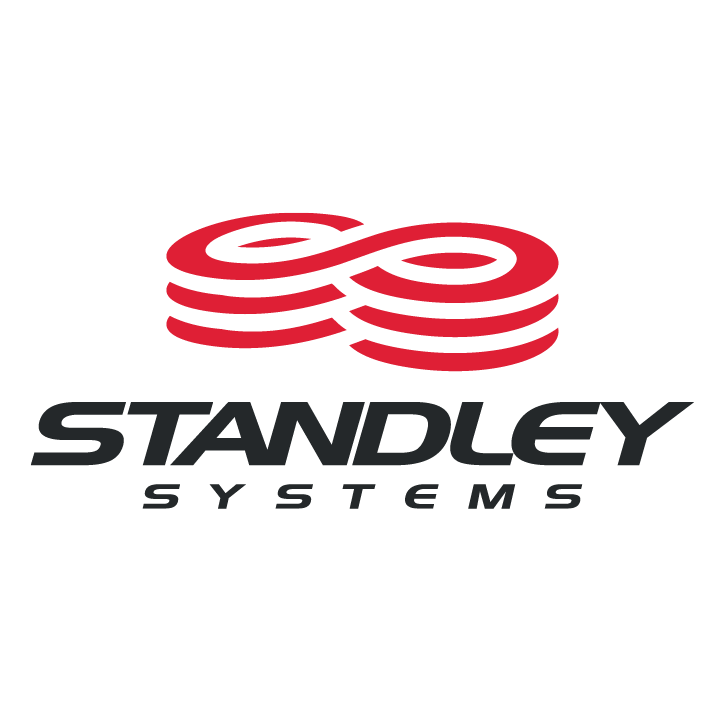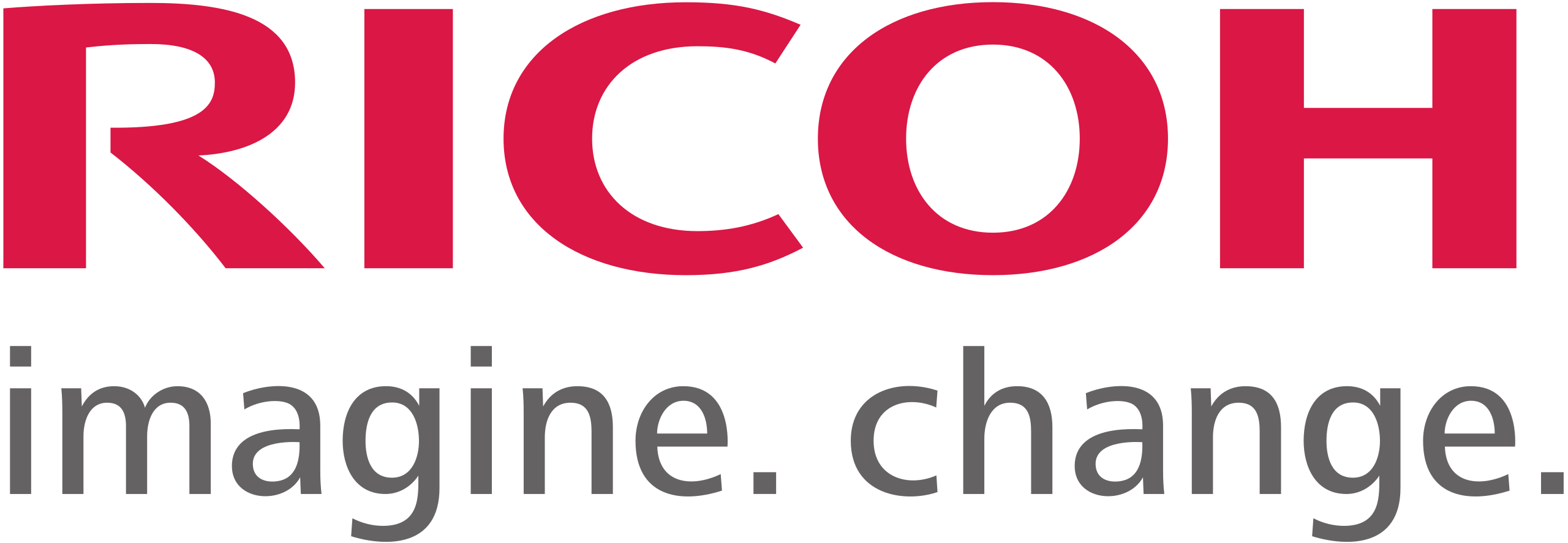4 min read
The Evolution of Document Management: From Paper to Digital
By:
Standley Systems Staff
on
November 21, 2024
Updated: November 21, 2024

In a Forrester Consulting report commissioned by Adobe, 65% of respondents said that digital document processes are not just a "point solution" but an integral part of their workplace. The overarching trend of shifting from paper to digital makes a lot of sense.
It's not only more cost-effective but also more efficient, especially for small businesses. As the world goes digital, smaller organizations can now benefit from the convenience, effectiveness, accessibility, and security of digital document management.
Below, we discuss the benefits of digital document management and the transition from conventional paper-based management to digital ways.
The Evolution of Document Management
Here's how document management processes evolved.
Early Stages: Paper-Based Systems
Paper-based document management was the norm for a long time. Besides being time-consuming, it was also error-prone and ineffective in situations requiring quick information access.
As the information increased, so did the number of paper stacks. Consequently, storage space became an issue.
The Introduction of Digital Document Management
Things moved from the filing cabinet to a computational system a few decades ago. Back then, it was called electronic document management (EDM), a complex tool that only trained experts could handle. By the early 1990s, more user-friendly systems emerged.
Since scanners and document storage solutions were still new, small businesses were reluctant to use them due to misconceptions, such as higher costs, the fear of losing paper documents, and complex operations.
Today's Landscape: Sophisticated Document Management Systems (DMS)
Over time, EDM evolved into document management systems (DMS). These advanced systems come with features such as search functionality, third-party integrations, cloud storage, document collaboration, secure access, and version control.
In 2006, Amazon introduced the first commercial cloud, Elastic Compute Cloud (Amazon EC2). It brought more innovation in DMSs through on-cloud access.
These systems are no longer just for big corporations. Affordable pricing and user-friendly interfaces now make DMS solutions accessible to small businesses.
Why Digital Document Management is Essential for Small Businesses
Digital document management streamlines business operations and saves time by centralizing document storage and access. That means no more lost documents or duplicate versions.
Since the documents are stored in the cloud or on a secure server, small businesses don't have to spend money on physical storage or printing.
Modern digital DMSs have built-in security features that protect your data against theft and loss. Version control and audit trails further enhance compliance.
For small businesses with remote or hybrid workers, a digital document repository facilitates collaborative work. Employees can access and collaborate on documents, regardless of location.
Overcoming Common Barriers to Digital Transition
As beneficial as a DMS is, it may still carry some perceived barriers for small businesses, such as:
- Perceived high costs: Small businesses with limited resources may see a DMS as an added expense. However, there are many cost-effective DMS options available in the market.
- Fear of complexity: Contrary to popular belief, digital document management systems are designed to be user-friendly and easily navigable.
- Skepticism about ROI for smaller operations: Small businesses can also enjoy a healthy ROI from DMS implementation. Simply taking the paper out of the contract-signing process can increase the close rate by over 28%, which ultimately boosts ROI.
Benefits of Using an Outside Document Management Provider
Working with an external document management provider reduces the burden on your internal teams. The solution provider can handle everything from data migration and employee training to ongoing maintenance. Plus, they are more knowledgeable about the solution and offer their expertise to help you in DMS implementation.
These providers are also on top of their security game. They invest in top-of-the-line, innovative security measures to secure your documents against cyber threats and keep you compliant with industry regulations.
Tips for Choosing the Right Document Management Provider
Start with security and compliance. Make sure the provider offers top-notch data protection and understands any industry standards you need to follow. Next, think about ease of use and integrations. You'll want a simple platform for your team to navigate that works seamlessly with the tools you already use.
Also, consider scalability and flexibility. Your business will grow, so your DMS should be able to adapt to your needs. Don't overlook service and support, either. Check if the provider offers reliable customer support, training, and helpful resources.
More importantly, select a provider with transparent pricing. Ask for a breakdown of its pricing so that you can decide if the provider is a good fit for your budget.
What to Expect in a Successful Document Management Relationship
A successful document management relationship starts with a smooth onboarding and transition process. The provider will migrate your physical documents to the system and integrate the platform with your existing tools.
Beyond the setup, the provider offers ongoing support and user training. Besides customer support, they may also provide additional self-help resources such as webinars and tutorials.
As your needs change or increase, the provider can offer periodic reviews to determine the system's performance and effectiveness. It can then implement improvements and upgrades if required. Ideally, you should work with a DMS provider with whom you can see a long-term partnership. Such providers are quick to respond and adapt to your changing needs.
Conclusion
A digital DMS can benefit your small business through improved productivity, easy data accessibility, better security, and cost savings. However, for that to happen, you must select the right provider.
Start your search using the few factors we've discussed above. While at it, don't forget to look at customer reviews and testimonials. Speaking of positive customer experiences, Standley Systems has a ton of them for our business IT solutions. Get in touch to learn more about our DMS.

 800-522-3725
800-522-3725 info@standleys.com
info@standleys.com Support
Support











